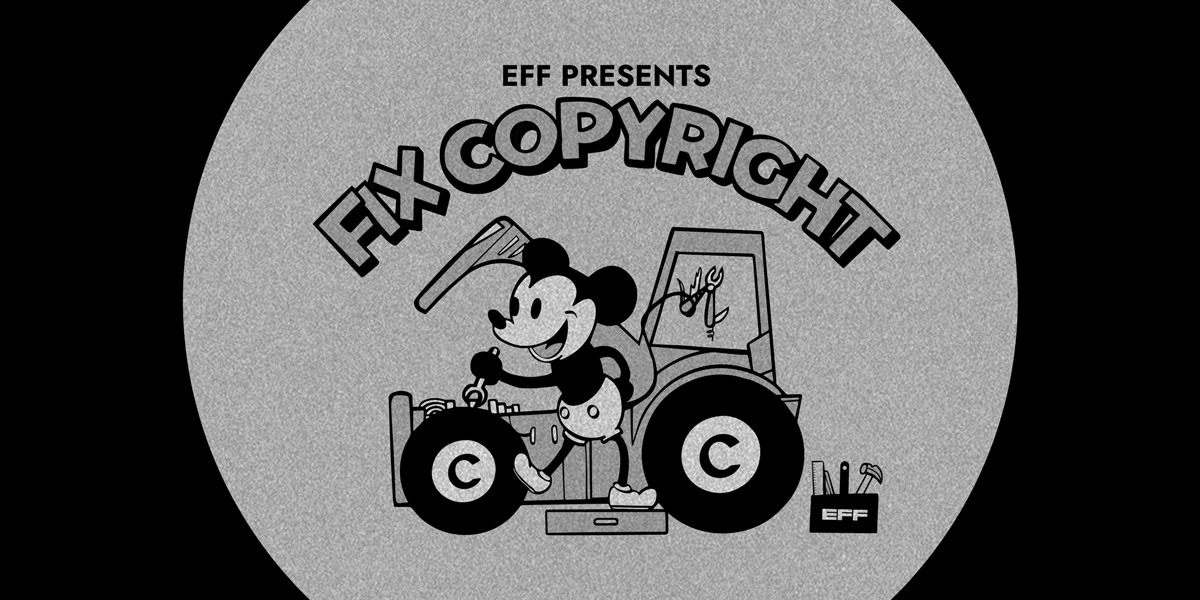Jimmy Kimmel has been in the news a lot recently, which means the ongoing lawsuit against him by perennial late-night punching bag/convicted fraudster/former congressman George Santos flew under the radar. But what happened in that case is an essential illustration of the limits of both copyright law and the “fine print” terms of service on websites and apps.
What happened was this: Kimmel and his staff saw that Santos was on Cameo, which allows people to purchase short videos from various public figures with requested language. Usually it’s something like “happy birthday” or “happy retirement.” In the case of Kimmel and his writers, they set out to see if there was anything they couldn’t get Santos to say on Cameo. For this to work, they obviously didn’t disclose that it was Jimmy Kimmel Live! asking for the videos.
Santos did not like the segment, which aired clips of these videos, called “Will Santos Say It?”. He sued Kimmel, ABC, and ABC’s parent company, Disney. He alleged both copyright infringement and breach of contract—the contract in this case being Cameo’s terms of service. He lost on all counts, twice: his case was dismissed at the district court level, and then that dismissal was upheld by an appeals court.
On the copyright claim, Kimmel and Disney argued and won on the grounds of fair use. The court cited precedent that fair use excuses what might be strictly seen as infringement if such a finding would “stifle the very creativity” that copyright is meant to promote. In this case, the use of the videos was part of the ongoing commentary by Jimmy Kimmel Live! around whether there was anything Santos wouldn’t say for money. Santos tried to argue that since this was their purpose from the outset, the use wasn’t transformative. Which… isn’t how it works. Santos’ purpose was, presumably, to fulfill a request sent through the app. The show’s purpose was to collect enough examples of a behavior to show a pattern and comment on it.
Santos tried to say that their not disclosing what the reason was invalidated the fair use argument because it was “deceptive.” But the court found that the record didn’t show that the deception was designed to replace the market for Santos’s Cameos. It bears repeating: commenting on the quality of a product or the person making it is not legally actionable interference with a business. If someone tells you that a movie, book, or, yes, Cameo isn’t worth anything because of its ubiquity or quality and shows you examples, that’s not a deceptive business practice. In fact, undercover quality checks and reviews are fairly standard practices! Is this a funnier and more entertaining example than a restaurant review? Yes. That doesn’t make it unprotected by fair use.
It’s nice to have this case as a reminder that, despite everything, the major studios often argue, fair use protects everyone, including them. Don’t hold your breath on them remembering this the next time someone tries to make a YouTube review of a Hollywood movie using clips.
Another claim from this case that is less obvious but just as important involves the Cameo terms of service. We often see contracts being used to restrict people’s fair use rights. Cameo offers different kinds of videos for purchase. The most well-known comes with a personal use license, the “happy birthdays,” and so on. They also offer a “commercial” use license, presumably if you want to use the videos to generate revenue, like you do with an ad or paid endorsement. However, in this case, the court found that the terms of service are a contract between a customer and Cameo, not between the customer and the video maker. Cameo’s terms of service explicitly lay out when their terms apply to the person selling a video, and they don’t create a situation where Santos can use those terms to sue Jimmy Kimmel Live! According to the court, the terms don’t even imply a shared understanding and contract between the two parties.
It’s so rare to find a situation where the wall of text that most terms of service consist of actually helps protect free expression; it’s a pleasant surprise to see it here.
In general, we at EFF hate it when these kinds of contracts—you know the ones, where you hit accept after scrolling for ages just so you can use the app—are used to constrain users’ rights. Fair use is supposed to protect us all from overly strict interpretations of copyright law, but abusive terms of service can erode those rights. We’ll keep fighting for those rights and the people who use them, even if the one exercising fair use is Disney.


